Nick Mayhugh: Championing Invisible Disabilities Through Athletic Excellence at Paris 2024
Nick Mayhugh, a distinguished American Para athlete, has garnered attention for his innovative hair design, which resembles a brain scan, as a means of highlighting the topic of invisible disabilities ahead of the Paris 2024 Paralympic Games. “The top of my head looks like a brain,” he conveyed to Olympics.com, elaborating that the distinctive design also displays a specific area of damage in his brain that contributes to his disability.
Diagnosed with cerebral palsy at the age of 14 following a grand mal seizure, Mayhugh’s condition stemmed from a stroke that occurred during a tumultuous birthing process that necessitated a blood transfusion. He referred to the day of his diagnosis as bittersweet; while it provided clarity regarding the challenges he faced during his childhood, it also served as a stark confirmation of his disability.
Feeling a profound need to raise awareness about invisible disabilities, Mayhugh chose to showcase his injury creatively, stating, “I wanted to get people talking about it and to understand that there are invisible disabilities, and people like me do exist and compete in the Paralympics, and just because I look normal, I still have a disability.” Mayhugh is determined to use his platform not only to advocate for others but to inspire future generations.
Despite a traumatic initial encounter with a neurologist who informed him that he would never play sports again, Mayhugh remained resolute. He vividly recalls telling the neurologist, “You are wrong,” and walking out of her office. This pivotal moment instilled in him the determination to not only overcome his disability but also to educate others about it.
Mayhugh, who previously excelled in soccer, transitioned to athletics after the removal of CP football from the Paralympic program. At his debut at the Tokyo 2020 Paralympic Games, he achieved remarkable success, securing three gold medals, one silver medal, and establishing a world record. However, upon returning home, he encountered unexpected challenges related to his mental health, feeling a deep sense of emptiness despite his accomplishments.
Recently, he faced further obstacles, including a reclassification that limited his competition opportunities in Paris 2024 due to being deemed too fast for his classification. Adaptability has become crucial for Mayhugh, who has since expanded his focus to include long jump events, thereby rediscovering motivation for his athletic journey leading up to the Games.
Furthermore, he has sought guidance and support from renowned athletes, including Olympic gold medallist Noah Lyles, as he adjusts to the realities of competing at an elite level. Moving to Florida to train amongst accomplished athletes such as Wayde van Niekerk and Shaunae Miller-Uibo has provided Mayhugh with both camaraderie and inspiration.
As he prepares for the Paralympics, Mayhugh emphasizes the importance of representation and the need to elevate the profile of invisible disabilities. His mission is to ensure that no child feels isolated or unaware of their rightful place within the sport and society. He passionately declared, “I vow to dedicate the rest of my life to hopefully ensure that there’s not another kid in the U.S. or hopefully the world that grows up 22 years of their life not knowing that there is a world that they can be accepted in,” underlining the inclusive atmosphere of the Paralympic Village.
In summary, Nick Mayhugh’s artistic expression through his brain-scan hair design serves as a powerful catalyst for discussions about invisible disabilities while inspiring both athletes and audiences alike.
As the Paris 2024 Paralympic Games approach, Mayhugh embodies a message of resilience, courage, and the significance of representation, proving that he is not merely an advocate for himself but a beacon of hope for individuals with disabilities worldwide.
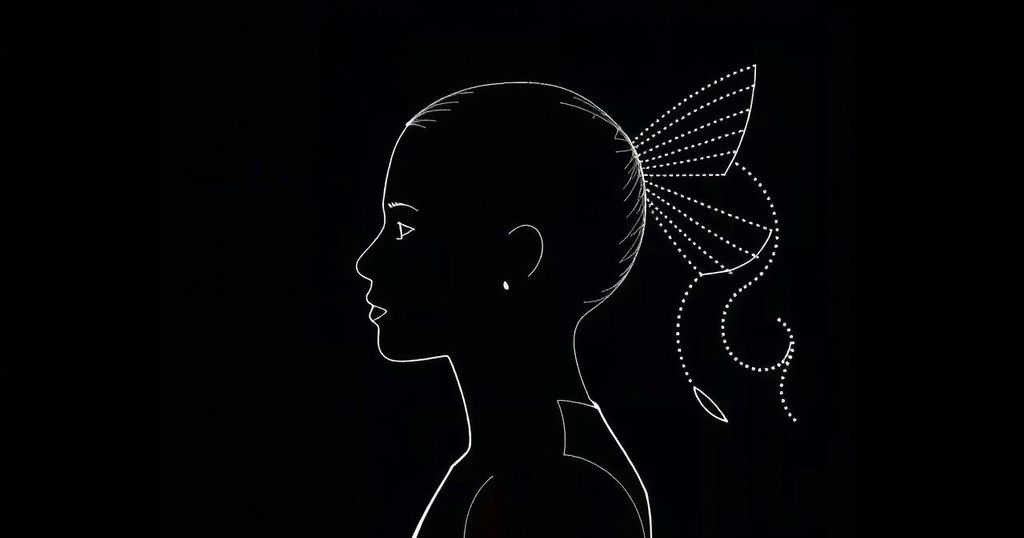

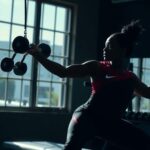
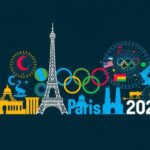
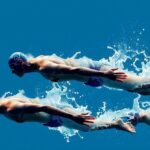
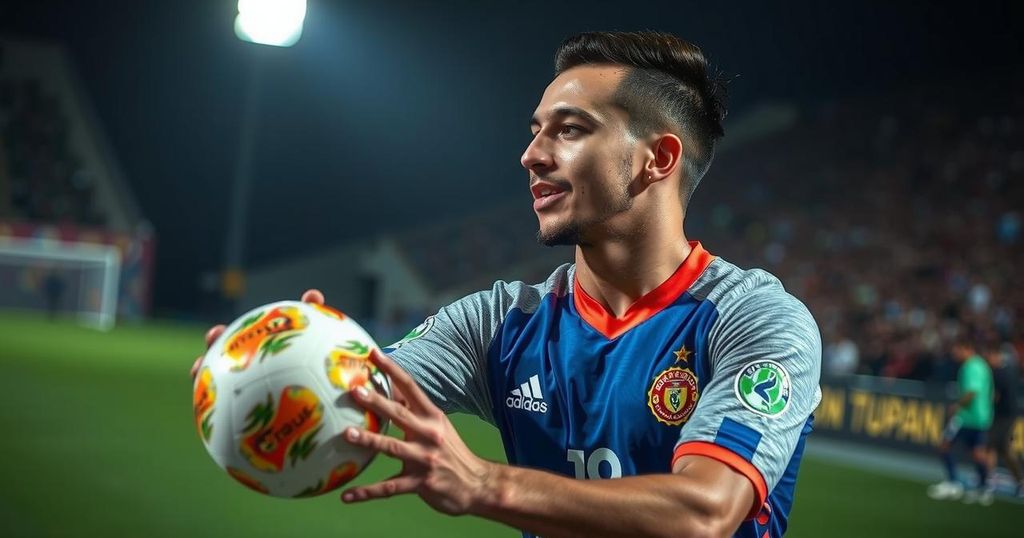
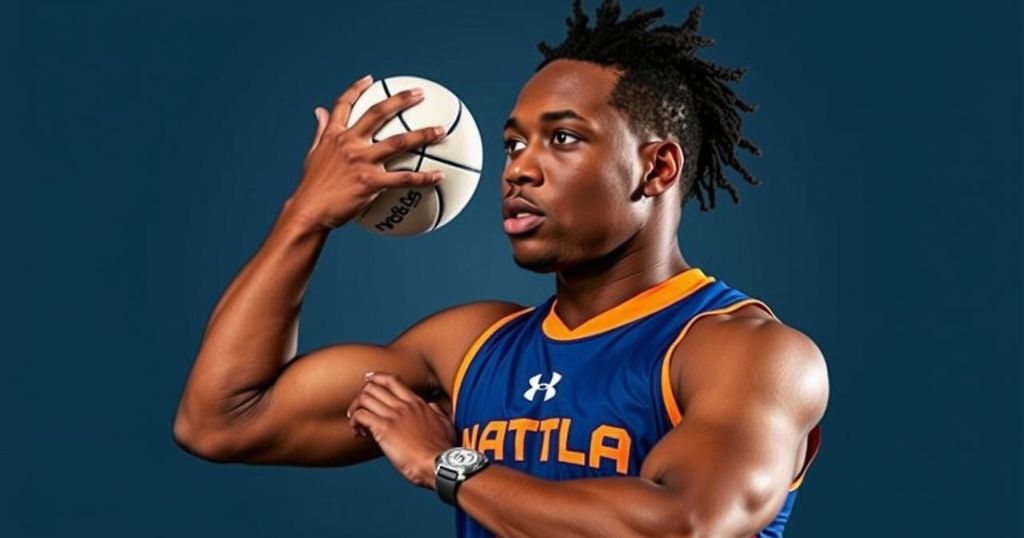
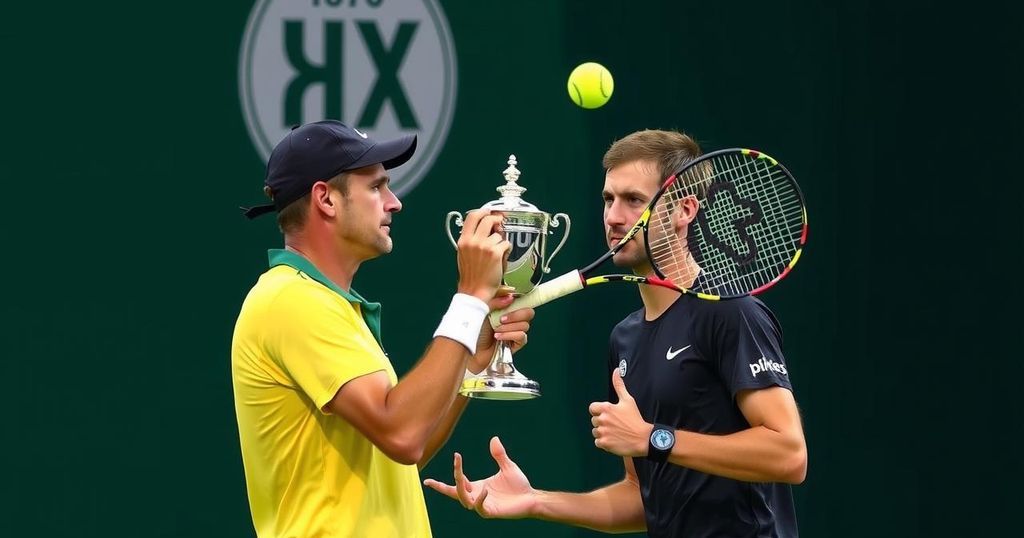
Post Comment